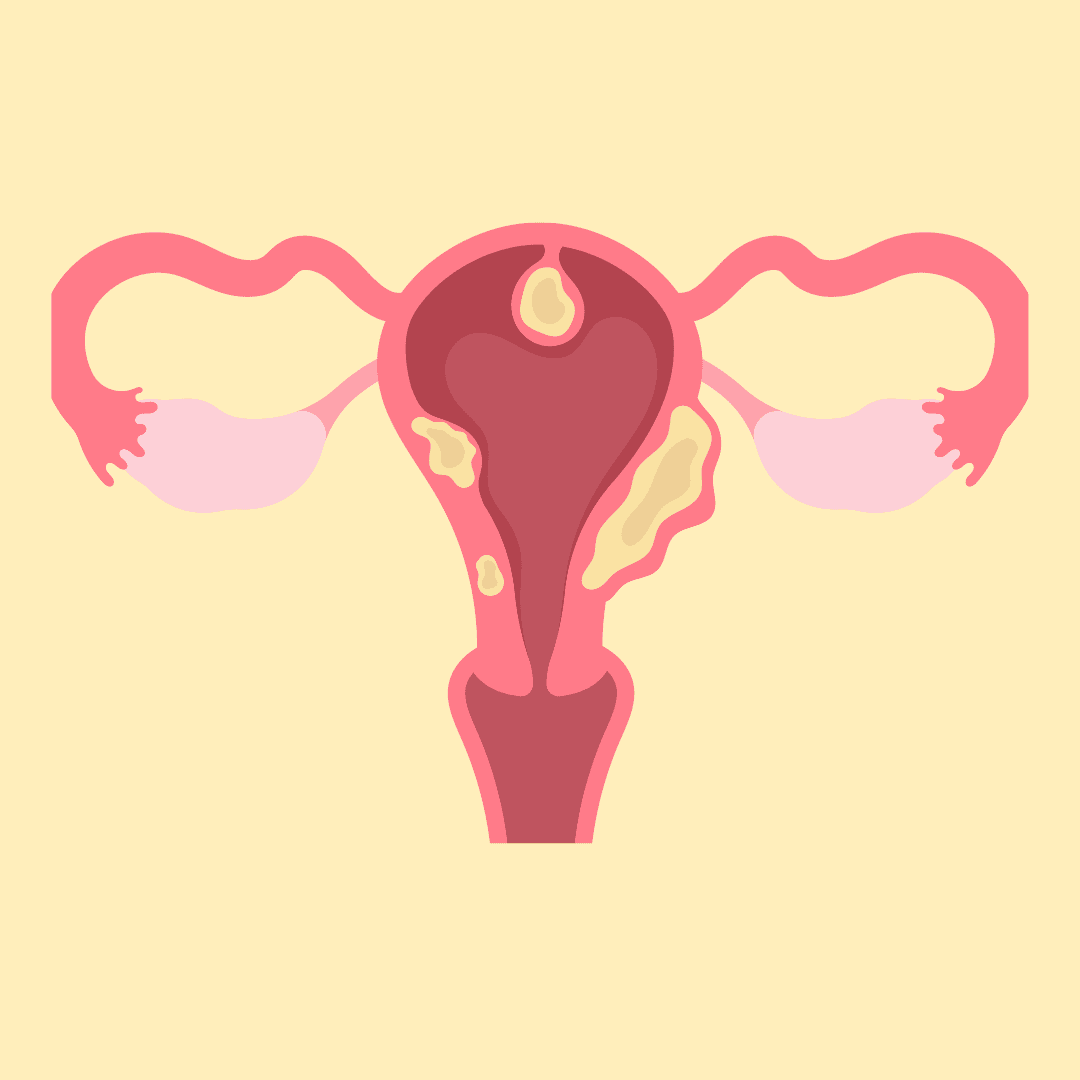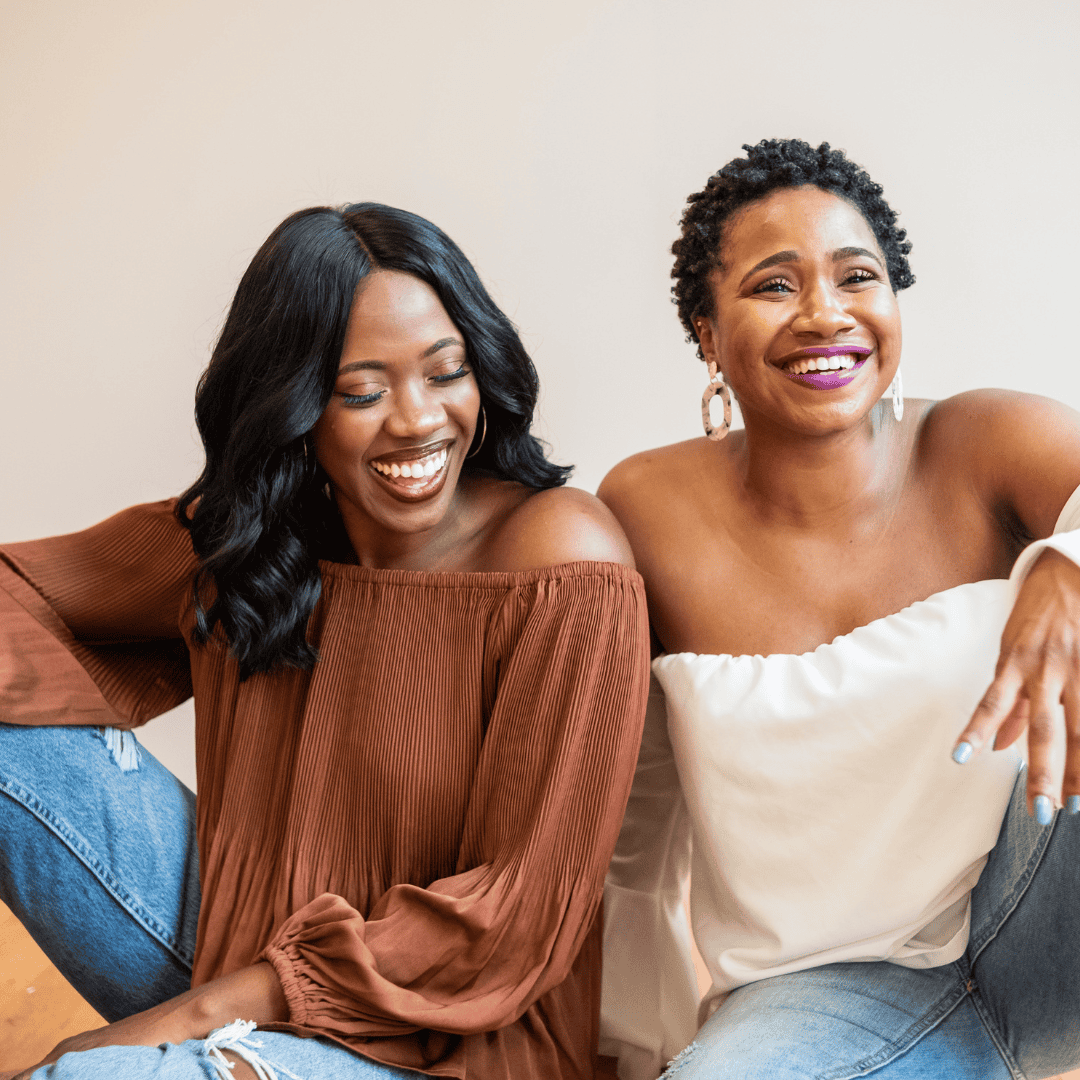-
How Anaemia Affects Fibroids: The Hidden Connection
Disclaimer: This article regarding anaemia is for educational purposes in this lifestyle blog and may include the blogger’s opinions. The information written is accurate and to the best of my knowledge, however, some information may be omitted. I am not a qualified medical professional so this should not be seen as advice. I reserve the right to change how I run and manage this blog and may change focus at any time.

Photo of iron-deficiency anaemia from Hailshadow from Getty Images Signature on Canva. Isn’t anaemia annoying? Imagine feeling sleepy at different times of the day and it keeps happening. The one thing that shocked me was that fibroids can develop as a result of being diagnosed with anaemia.

A tired black woman in a blazer is sitting in front of her laptop with headphones. Photo from dimaberlinphotos from Canva. What is anaemia?
Anaemia is a medical condition that affects your health and ultimately your energy. According to the NHS, “anaemia is when your body doesn’t have enough red blood cells to carry oxygen around your body.”
What are the symptoms of anaemia?
According to BUPA, they outlined several symptoms such as “feeling tired, weak, faint and dizzy.”Living with anaemia meant that I would feel tired a lot and I cannot stress how not having enough iron can affect your mood and overall wellness.
What causes anaemia?
As mentioned by Flo, the period tracker app, there are a few causes that can lead to anaemia such as:
- Blood loss through period- if a woman has heavy periods then a lot of the blood would be lost during menstruation which could affect the iron in the body leading to low energy.
- Not eating enough foods high in iron- another cause can be if someone isn’t eating enough iron this could pro into anaemia since the red blood cells are not getting iron.

Hungry black lady holding an empty plate and yawning from Nwezi Confidence’s Images from Canva. When was the first time I had anaemia?
My first experience with the condition happened when I was in college. I started my A-Levels in 2011 and I remember sitting on the bus feeling tired. And I started taking iron tablets hoping that it would never return.
So, what happened during lockdown?
Fast forward to 2020, COVID-19 happened and in March 2020, we went into lockdown I started to feel fatigued again. Several months later, I studied for a postgraduate degree and I went to the GP, took blood tests and discovered that I was anaemic.
Several months later, I started a postgraduate degree in 2020 and I went to the GP, took the blood tests and discovered that I had anaemia.
In April 2021, I notified the tutor in my course that I had an appointment and wouldn’t be able to attend the virtual seminar. I went to the hospital and went for an uncomfortable scan. Then, I got dressed and I went back to the waiting room.
The doctor entered the room and explained the results and she revealed that I have fibroids, I felt shocked and disappointed to hear the news and I wasn’t expecting it to lead to a shocking diagnosis.
I left the hospital feeling disheartened and decided to research fibroids when I got back to the student accommodation, only to find out that the causes may have contributed to developing fibroids.
Tips on managing your diet with anaemia and fibroids?
1. The first tip is to eat more green vegetables started to eat more green vegetables such as green beans, Broccoli and Kale. Growing up in a Congolese household my diet was meat, fish and plant-based foods. When I started university, I started to eat more plant-based foods and started to reduce dairy foods and meat intake.
2. The second tip is switching from dairy milk to plant-based milk. At university, I started to drink more plant-based milk such as Oat and Soya milk. I like soya and oat milk because they are delicious and it has been a good investment in reducing dairy.
3. The third tip is eating more potassium, I have been eating more potassium in my 20s. An article by Livestrong highlighted some of the foods that I enjoy eating that are high in potassium and good for your health. These are:
- Bananas
- Lentils
- Yoghurt
- Avocado
- Yoghurt
4. My fourth tip is taking vitamin D supplements, I have been taking vitamin D supplements as part of my medication. According to the British Heart Foundation,
“one in six adults have low levels of vitamin D.”
– british heart foundationTaking vitamin D has been a major part of my life since vitamin D manages my energy levels and eating foods that are rich in vitamin D is good for your bones and teeth.
5. The 5th tip that I want to add is eating more iron and looking for foods that are in fibre such as meat and pulses.
6. My final tip is exercise, we know that doing workouts that suit your needs and make you feel confident in yourself.
Final Thoughts
I hope you enjoyed reading this short blog post based on my experiences and how I deal with anaemia. I hope the tips that I offered were helpful and that they gave you some ideas on what you could do to manage your anaemia. The important thing is to do what works best for you and focus on your health.
Don’t forget to comment below and let me hear your thoughts about managing anaemia and fibroids. Share this article with other black women who would like to know more tips about managing anaemia. As always, I appreciate feedback on my writing.
Afro Lit Stories


Healing through storytelling, elevating black millenial women, one mindset shift at a time



